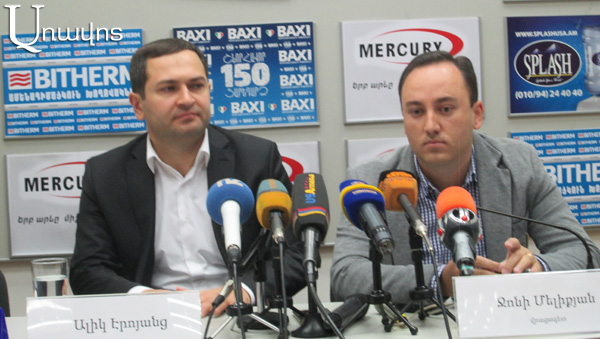“The point is that the representatives of various ministries of the two countries need to sit down and try to settle the issue. Rather than to overlook it like until now. At this point, it seems there is still such an approach: let’s not notice that there is such a problem. But if the journalists and public figures are raising this question, ordinary answers are voiced,” – said the expert on Georgian studies, Johnny Melikyan, in an interview with Aravot.am, in response to the question about the “black lists” of Armenian public figures who are banned to have an access to Georgia.
Aravot.am has already addressed this issue. At this point, Georgia’s “black list” include the names of NA deputies Shirak Torosyan, Stepan Margaryan, historian and expert on monuments Samvel Karapetyan, Hovhannes Ayvazyan, historian Vahe Sargsyan, and President of “Yerkir” Union, Sevak Artsruni. In addition, let’s note that according to the sources of “Aravot”, the access of some of the Dashnaks to Georgia is also prohibited. “I have heard that there was a proposal made in Armenia that if they have such a mechanism, we will also use it,” – said Johnny Melikyan, adding that at this point, it is difficult to predict how it will impact on the future Armenian-Georgian relations.
Our interlocutor, however, states that quite a lot of Georgian historians bring their students to Akhtala and introduce the region and its historical and cultural values as Georgian. A few years ago, there were quite acute problems in the Armenian-Georgian bordering settlements in the contexts of the absence of a border. The demarcation works are not over yet. At that time, the residents of Armenian villages were complaining that the Georgian side is constantly moving the border wires to the Armenian territory.
It turned so that a part of the cemetery of one of the Armenian villages had appeared on the Georgian side and people had to cross the border to visit the graves of their family members. Expert on Georgian studies, Alik Eroyants, notes that these problems have not been yet solved but they are not expressed so sharp as before, “They dealt with this policy, and the situation was eased pretty much. Incidentally, this problem was expressed sharply in the relations with Azerbaijan. The “Russian Dream” as a result of its balanced policy, I do not know how it did it but the problem is calmed down, at least until it is solved.”
Read also
Our interlocutor noted that under all the governments of Georgia, the domestic anti-Armenian and anti-Azerbaijani sentiments have always existed, a little more or less. Now, according to Alik Eroyants, anti-Turkish sentiments are pretty much growing in Georgia. He does not consider the noise raised about the construction of a Turkish school in Batumi random. He believes that the Adjarian authorities allowed the illegal construction of this school specially to preserve the anti-Turkish sentiments. Johnny Melikyan expressed an opinion that the Georgian-Azerbaijani-Turkish economic partnership will not deepen, despite the formed strategic council. He draws attention to the fact that the pre-election campaign of “Alliance of Patriots” political party passing the threshold in the parliamentary elections in Georgia was openly an anti-Turkish.
Nelly GRIGORYAN





















































